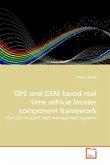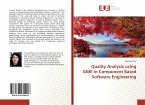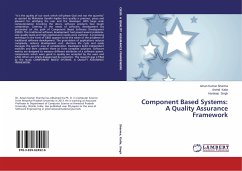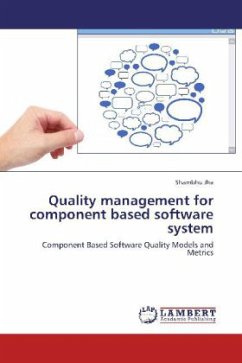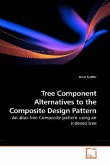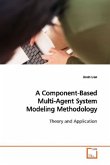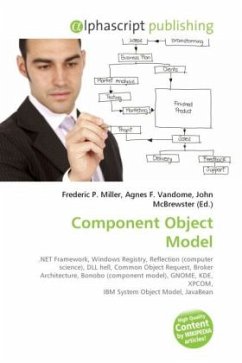A major problem with Component-Based Software Engineering (CBSE) is the quality of the components used in a system. The reliability of a componentbased software system depends on the reliability of the components that it is made of. In CBSE, the proper search, selection and evaluation process of components is considered the cornerstone for the development of any effective component-based system. So far the software industry was concentrated on the functional aspects of components, leaving aside the difficult task of assessing their quality. If the quality assurance of in-house developed software is a demanding task, doing it with software developed elsewhere, often without having access to its source code and detailed documentation, presents an even greater concern. So, this Thesis introduces a Software Component Quality Framework, based upon well-defined modules that complement each other looking for assurance the component quality in a consistent way. An experimental study was developed and executed in order to analyze the viability of using such a framework.
Bitte wählen Sie Ihr Anliegen aus.
Rechnungen
Retourenschein anfordern
Bestellstatus
Storno


